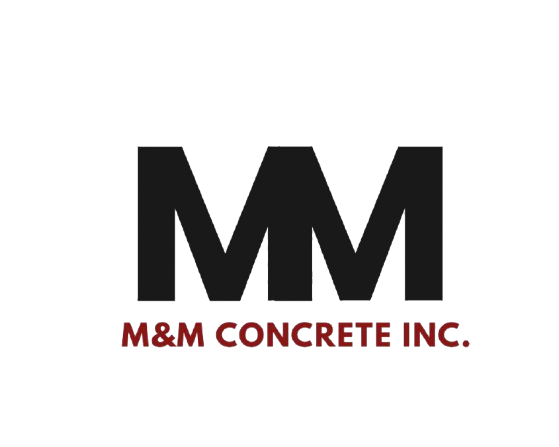CONCRETE FLATWORK
We Specialize In:
At M&M Concrete, we provide top-quality concrete construction and repair services throughout the Inland Empire. Whether you need a new driveway, patio, foundation, or ADA-compliant work, our experienced team delivers durable results built to last. We combine expert workmanship with premium materials and clear communication to make every project smooth from start to finish.
We specialize in:
- Concrete Driveways & Walkways – Professionally poured and finished for strength, style, and long-term performance. Perfect for boosting curb appeal and adding value to your home.
- Patios & Pool Decks – Custom concrete designs that expand your outdoor living space with comfort and visual appeal. Choose from a variety of textures and finishes for a truly unique look.
- Stamped & Decorative Concrete – Add character to your property with patterned or colored finishes that replicate the beauty of stone, brick, or tile — all with the durability of concrete.
- ADA-Compliant Ramps & Sidewalks – Expertly designed and installed to meet ADA accessibility standards. We ensure proper slope, surface traction, and transitions for safe, code-compliant access in both residential and commercial spaces.
Foundations & Slabs – Strong, level, and built to withstand the Inland Empire’s unique soil and weather conditions — the perfect start for any construction project.
SERVICE OVERVIEW
At M&M Concrete, we take pride in delivering high-quality concrete services across the Inland Empire and Surrounding Areas. From driveways and patios to foundations and ADA compliant projects, our skilled team combines expert craftsmanship with durable materials to ensure every project stands the test of time. Whether you’re upgrading your outdoor space or starting new construction, we handle every detail with precision and care.
M&M Concrete offers professional stamped and colored concrete installation services, blending durability with unmatched aesthetic appeal. Stamped concrete provides the appearance of high-end materials like brick, stone, or wood, while maintaining the strength and low maintenance of traditional concrete. Whether you're looking to elevate your driveway, patio, or walkways, our expert team ensures a flawless finish that adds lasting value to your property.
We work closely with you to select the perfect patterns, textures, and colors to complement your home or commercial space. Our precise installation process guarantees a surface that not only looks stunning but also resists wear, weather, and heavy traffic for years to come.
ARE YOU INTERESTED IN A FREE CONCRETE QUOTE?
CLICK THE BUTTON BELOW TO SCHEDULE YOUR FREE CONSULTATION TODAY!
WHY CHOOSE US
At M&M Concrete, we don’t just pour concrete and build walls—we build lasting value for your home or business. Homeowners and property managers trust us because:








